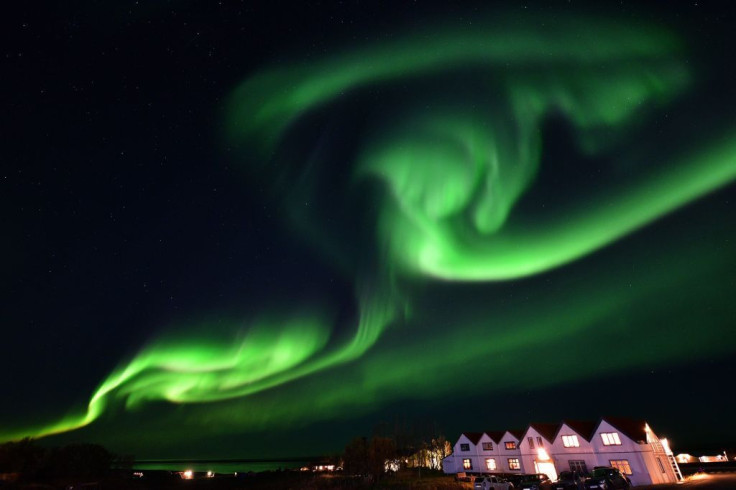NASA Astronaut Shares Glowing Photo Of Aurora From Space

Astronaut Christina Koch snapped a stunning photo of the aurora while aboard the International Space Station (ISS). It serves as the most recent photo captured by the astronaut from space.
In the photo Koch shared on Twitter, she noted that it reminded her of the time when she used to work as a researcher at the Admunsen-Scott South Pole Station. While stationed there, she would watch the aurora as the lights dance across the night sky.
Although the view of the aurora from above while on the ISS is slightly different, Koch said that it is still spectacular and awe-inspiring.
The experience was certainly a unique one for Koch especially since she is just one of the few people on Earth who have seen the beautiful aurora lights from above and below.
Years ago at the South Pole, I looked up to the aurora for inspiration through the 6-month winter night. Now I know they’re just as awe inspiring from above. #nofilter pic.twitter.com/7a09Q4RMW6
— Christina H Koch (@Astro_Christina) June 10, 2019
The impressive photo of the aurora is the latest image captured by Koch during her mission on the ISS. On June 7, she was able to photograph the branching river mouths located on northern Madagascar. A couple of days before that, she shared an image of Von Karman vortices forming in the clouds over the islands on the West African coast.
Last month, the astronaut shared a unique photo of Earth where the transition between night and day can be clearly seen. In the photo, the shadow covering half of the planet can be seen creeping back to give way to daylight.
Given Koch’s current mission parameters, space enthusiasts can certainly look forward to seeing more stunning photos from the astronaut since she’s scheduled to stay on the ISS for a long time.
She first joined the station on March 14 as part of Expedition 59. Originally, her mission was only supposed to last for about six months but due to reassignment schedules, her stay on the ISS was extended. Given her new schedule, she will be the only astronaut from Expedition 59 who will stay until Expedition 61.
She is scheduled to return to Earth in February 2020. With an estimated mission period of 335 days, Koch is about to become the first woman to have the longest continuous stay in space.
© Copyright IBTimes 2025. All rights reserved.





















